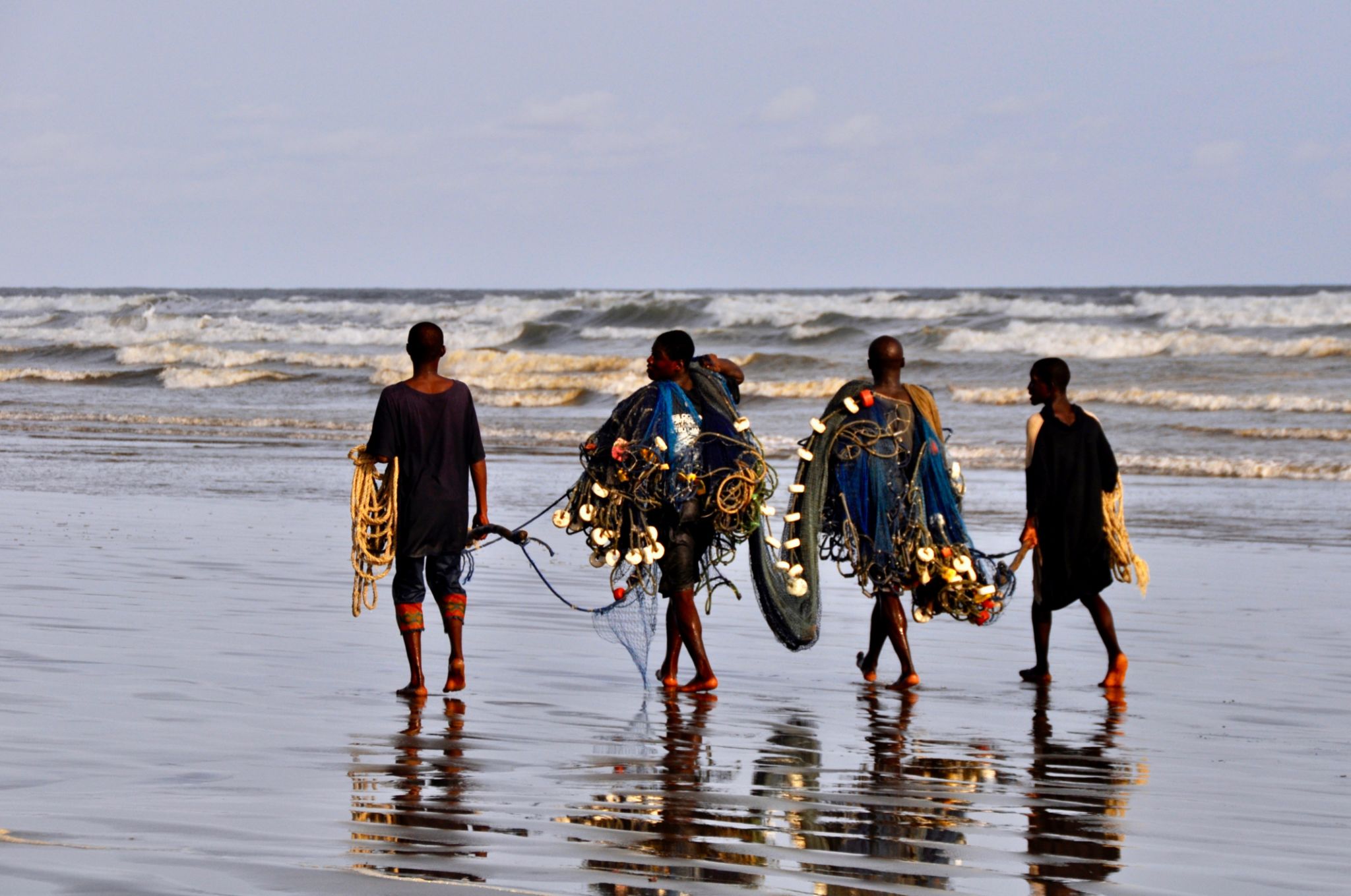Seven Years for a Bride?
Seven Years for a Bride?
What One Village Woman Said That Made the Bible Jump Off the Pages!
...a special update from the women's ministry in Senegal...

This past week, I had a conversation that brought tears, laughter, and a fresh reminder of why we're here. I and two fellow missionary women walked down the dusty path to visit a local woman in our village—someone I have known for years. When we arrived, we found that she wasn’t home yet, but she came shortly after, smiling brightly and wearing her best glasses. She was so happy to see me and the other women.
As we sat and caught up, I shared that a church team (all women) is planning to come visit this June. Her face lit up. “Will they bring us rice? That rice means everything to our family,” she said.
She went on to explain how things have changed. Years ago, this whole region was farmland. Families grew their own food—rice, millet, and vegetables. It wasn’t easy, but it was sustainable. Back then, they could walk down to the ocean with a bucket, and fishermen would give them fish for free—enough for lunch, enough for dinner, even enough to dry some to save for later.

But today? Now they have to pay for everything. The land is disappearing, the trees are gone, and there are fewer fish to go around. Survival has become expensive.
Then the conversation turned to her youngest son. Just a few weeks ago, he got married. Amy learned that his family had to pay one million CFA for her bride price (that’s about $1750 USD, and when the average daily salary is about $5, that’s more than a year’s work). “When I got married,” the woman said, “it was only 20,000—and even that was a lot back then.”
Because it’s so expensive, when a young man gets married here, he needs the help of his friends. His older brother, for example, donated 300,000 CFA ($525) to help his brother get married. Since they have now had the ceremony according to Islamic tradition at the mosque, they are half-married. Only half because, in village culture, this isn’t enough. Until they have a second marriage ceremony—recognized by the local community and fully paid for—his wife can’t come live with her husband and the rest of his family (22 people in all living in the family compound together).
I then began to share the story of Leah and Rachel—how Jacob worked seven years for Rachel’s bride price. The woman gasped. “Even here in the village,” she explained, “men have had to work for years to pay for the bride price. But I never knew that was in the Bible too!”
And there it was—The Old Testament connecting across time and culture, from ancient Israel to a small village in West Africa.

As we continued talking, the woman shared one more tradition from the village marriage custom. After all the payments are finally made, she explained, sometimes the groom must sneak over in the middle of the night to the bride’s house and “steal” her away. That’s how she officially comes to live with him and his family as his wife. In American culture, it’s hard to grasp some of the parables in the New Testament—like when Jesus says the Bride must always be ready for the Bridegroom’s unexpected return (Matthew 25). But here? In this culture, it just makes sense. The Bible comes alive in the dust of these village paths.
This is what you make possible. Every bag of rice donated to feed the hungry. Every home visit. Every spiritual conversation. Every new believer baptized. Every moment when God's story touches someone’s heart—just like it touched hers—is priceless.
If you’re already a monthly partner, we are so deeply grateful! You are a vital part of this ministry. And if you’re not yet partnering with us monthly—would you consider joining us today? Your ongoing support helps us walk these paths, listen to these stories, and open God’s Word in ways that speak directly into people’s lives.
Thank you for praying.
Thank you for giving.
Thank you for believing that the gospel speaks every language—and every culture.